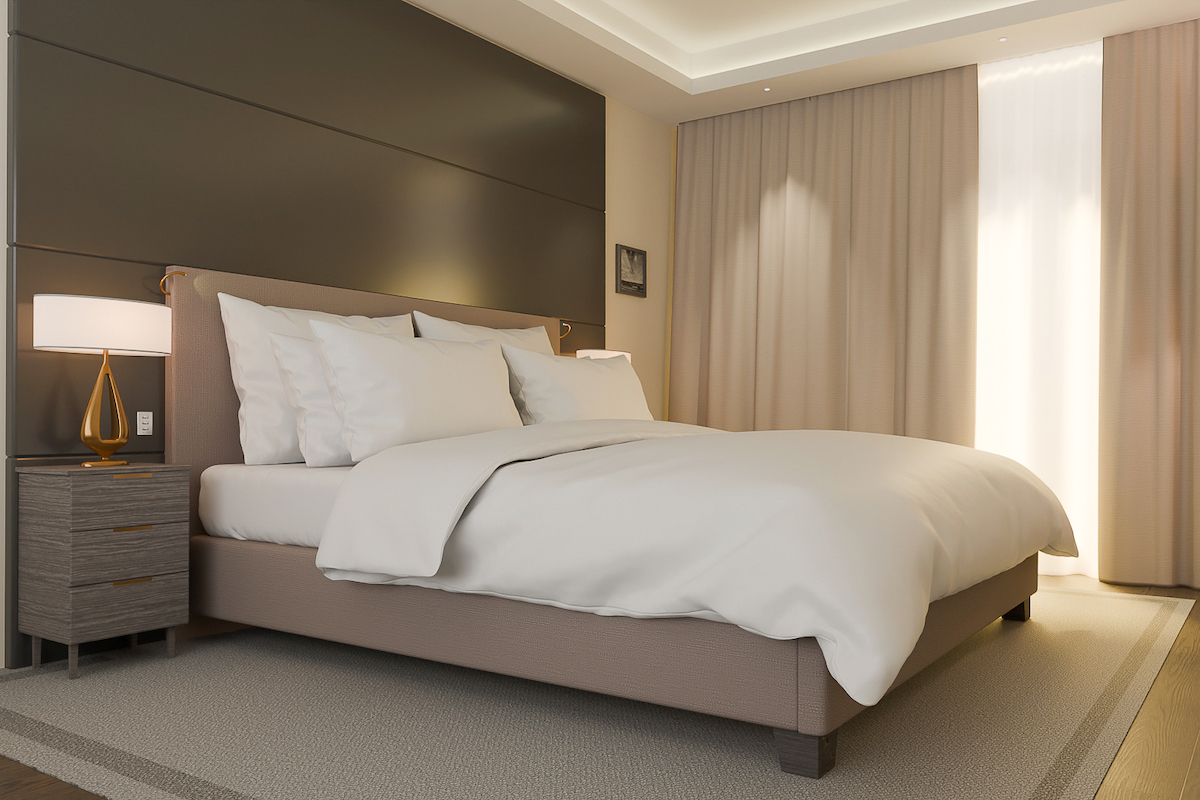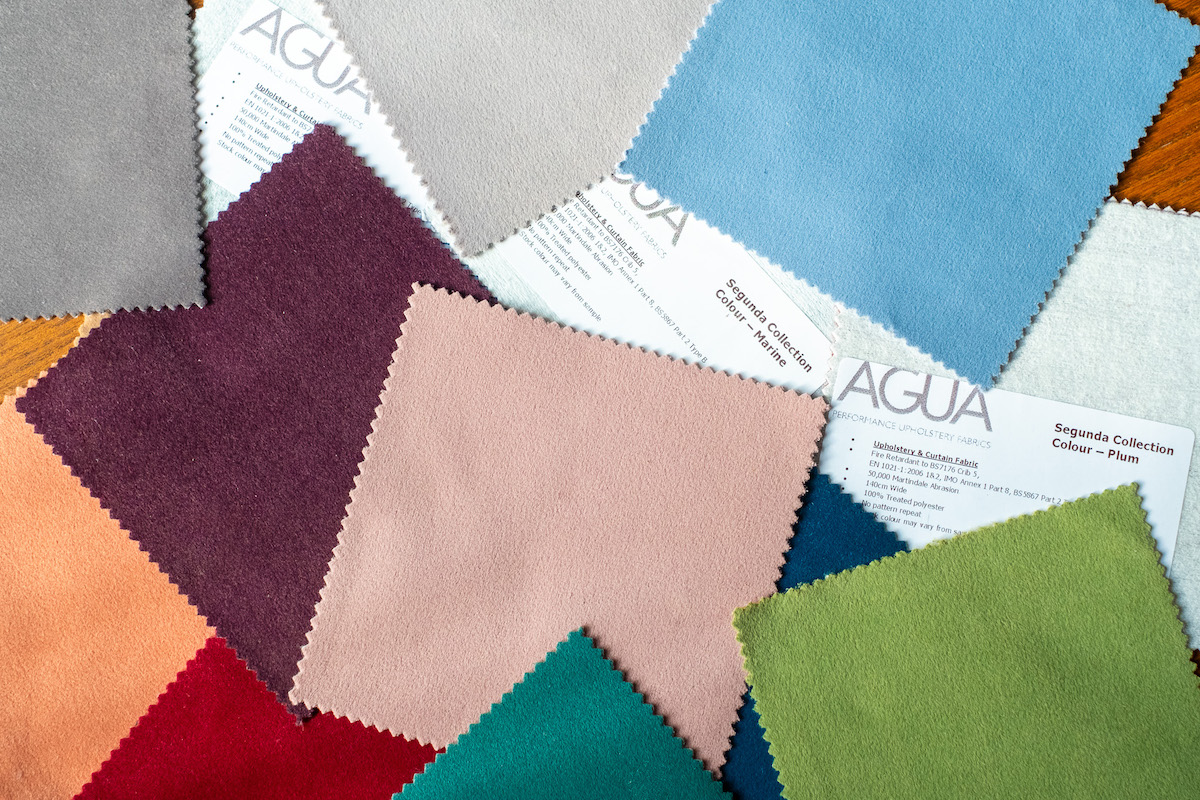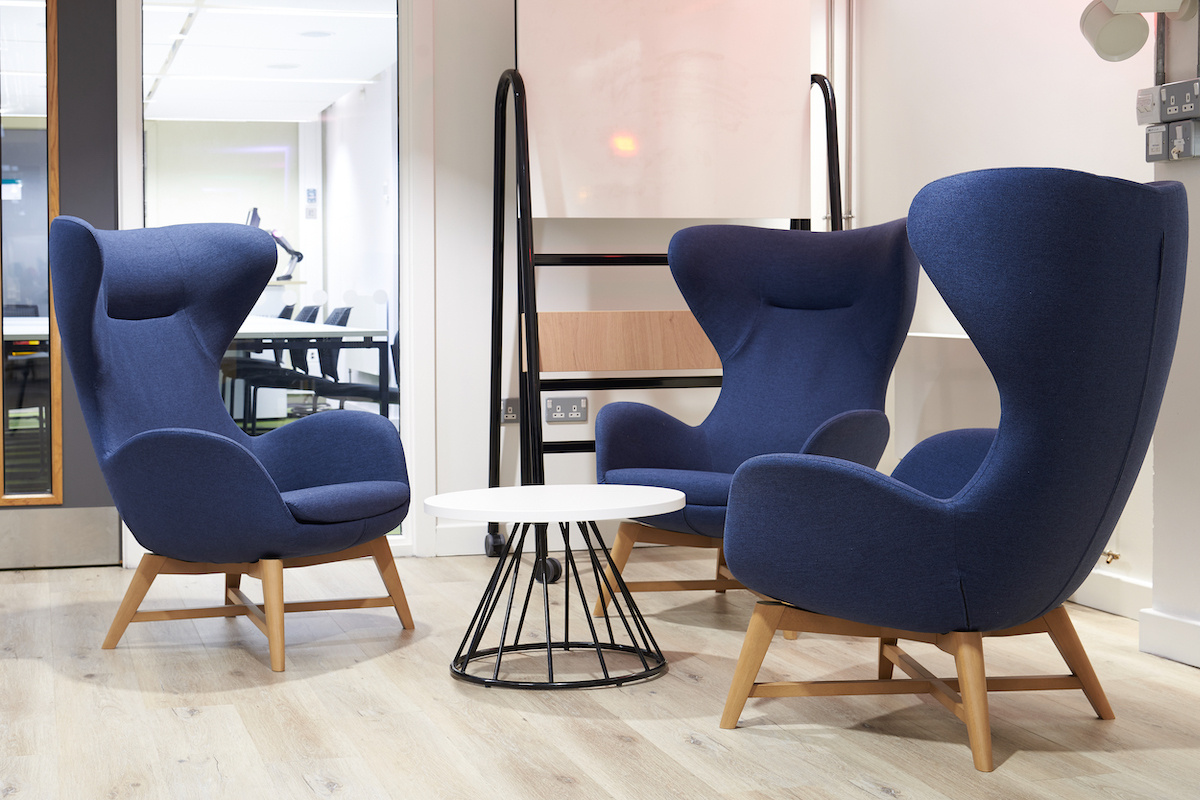Industry Insight: Elizabeth J. Lane, RPW Design
In the first of a series of interviews we chat to Elizabeth J. Lane, Partner at RPW Design, an international interior design practice which specialises in hospitality. We explore the strengths of small practices, why the best designers know how to listen,
Let’s start at the beginning. How did you get into interior design?
My route into the industry was quite unconventional. I started my working life in hotel operations, and worked in Hilton Hotels’ projects department for a number of years. I ended up managing all the London hotels’ design projects, and that’s how I branched out into what I’m doing now. I joined RPW in 2004, I’d been working in an FF&E procurement firm and at the time was responsible for delivering the renovation of the Waldorf Hotel in Aldwych. RPW were appointed to design the guest bedrooms and they could see a role for me within the studio, so that was that. I started as FF&E manager and ended up being a Partner.
Tell us a little bit about RPW?
RPW Design was founded in 1988. We’re an international interior design practice, working across a wide range of hospitality-related sectors, with some residential design in our wheelhouse too. We work on luxury hotels, cruise ships, private members clubs, casinos – any kind of project in that space, really. We like to be focused and we have a senior management team who all have strong hospitality backgrounds, which is what the practice was built on.
And your role within the practice?
As a Partner I’m primarily responsible for client liaison. Listening is key to my role. I have to understand what the client wants, help them to realise their vision and then take them to another level with it. It’s my job to push the client, challenge them and lead them through the design process in the right way. In many respects that’s my role for the team within RPW too; I help our staff to deliver what the client wants and develop their own skillsets at the same time.
How does RPW approach its projects, then?
We don’t have a house style, per se. We are always very clear that our next project is not going to look anything like our last. Of course, not all prospective clients necessarily want that, but we always start from a blank piece of paper. Again, the key is to really understand what the client is trying to tell you, and that involves a lot of thorough questioning on our part, and in-depth research.
We ask ourselves; where’s the project based, what’s the client’s competition like, what’s the client’s culture like and how do we bring that through into the project itself? Then, we’ll show clients a whole range of imagery, and that’s as much about understanding what they don’t like, as well as what they do. Our process is always collaborative; we don’t dictate what we think you should have.
What are the pros of being a smaller design firm?
We’ve purposely taken the decision to remain small. We’re a team of 16 in total, and while we might grow a little larger than that, we don’t want to be huge. Myself and Ariane Steinbeck, RPW’s MD, are always very hands-on with our projects and by remaining small we can keep that interaction with clients and really get to understand them.
This also helps us to flex our team to each client to make sure we’re fielding the right team for a particular project. Sometimes, you need a team that’s strong enough to say to the client “no, we do know what we’re doing – trust us – this is the right thing,” and there are other clients where we’ll work very much hand-in-hand with them.
How is the hospitality sector changing? Are you picking up on any step-changes at the moment?
Before lockdown, we were seeing a definite blurring of lines between hospitality and residential design; principally because travel is so common nowadays that many consumers see things in hotels that they like and think “how do I bring that detail home with me?” Equally, we’ve seen more hoteliers think in terms of “how do I make my hotel more residential in its feel?” Partially, that’s why Air BnB became such a big thing. It’ll be interesting to see if this trend continues for the next few years, post-COVID.
Do you have any pearls of wisdom you’d pass on to aspiring designers?
The first thing I’d say is that you must never take things personally. Of course, it’s really important that you care about your work, but I’ve learned over the years that you can spend a lot of time putting together a fantastic presentation that you think is spot on, and for whatever reason the client says “no, I don’t like it.” In that situation you can do one of two things. Either, you can be totally deflated and want to curl up in the corner, or you can ask “okay, what is it you don’t like and how do we resolve this?” In any kind of design work, it’s important to develop a shell that allows you to both be passionate about what you do and pragmatic.
Anything else you’d like to add?
Attention to detail is also key. That might sound obvious, but every project is infinitely detailed. Say, for example, you pick a table and you want to put a lamp on it. You pop it on there and decide it’s fine. Then, you have to ask yourself: where do we plug it in? How do you switch it on? Is it the right size in the room? Is the shade the right size proportionally? Every single individual element of a project contains a huge amount of questions which the right team will identify and answer, and others won’t. Sometimes you’d be surprised by how many professional designers don’t pick-up on all the things they need to follow through on. Always question everything and don’t underestimate the value of experience.
See more of RPW Design’s work at rpwdesign.co.uk


